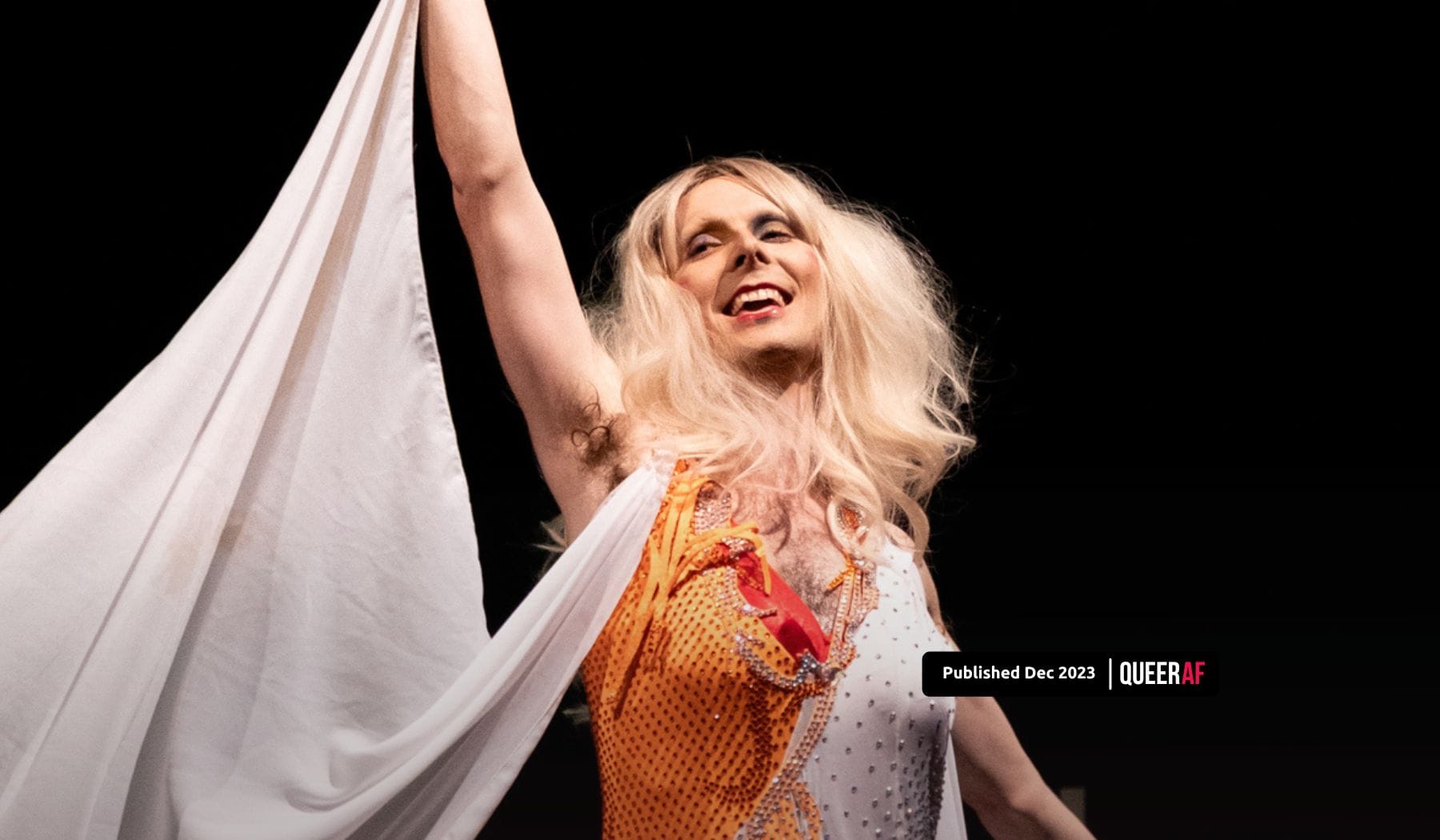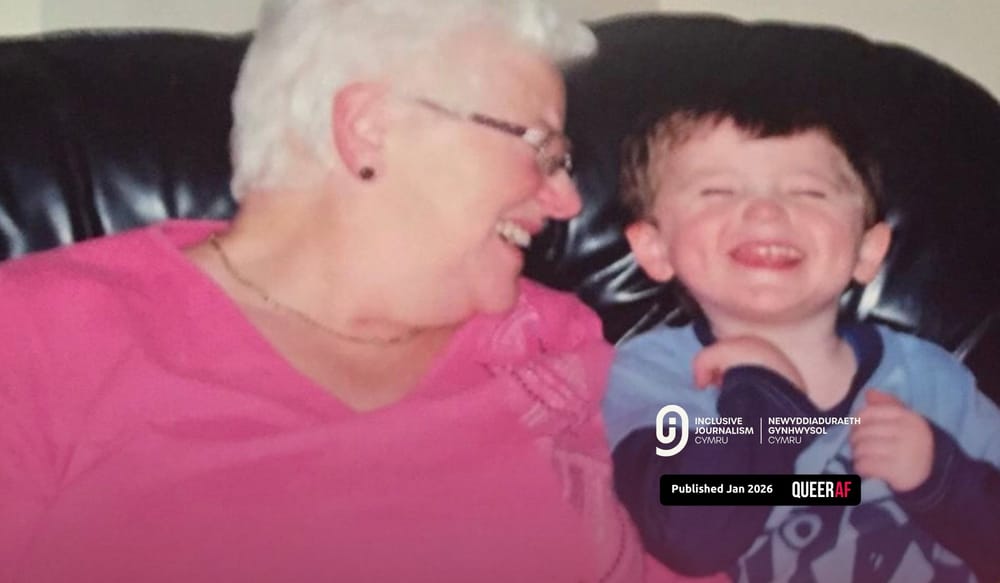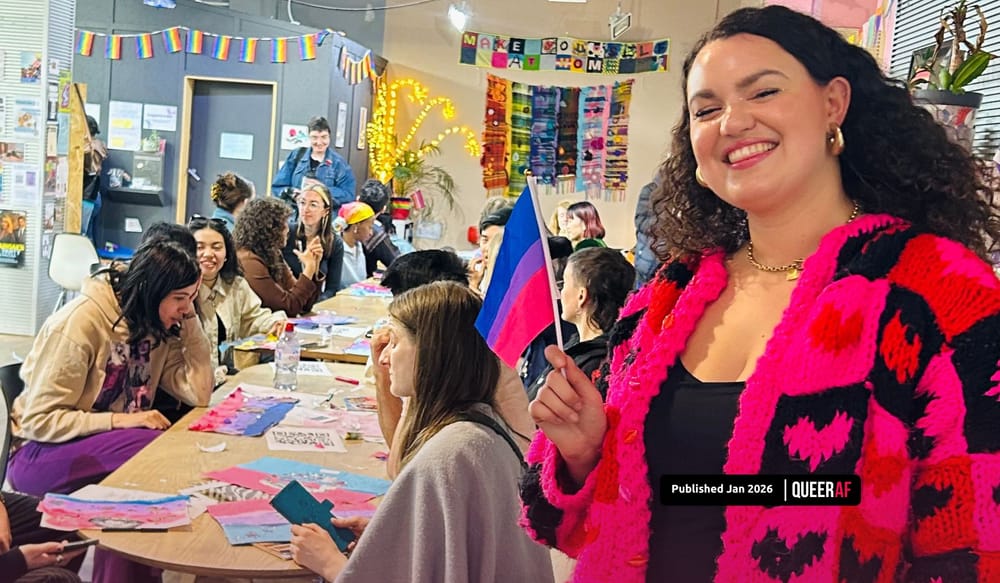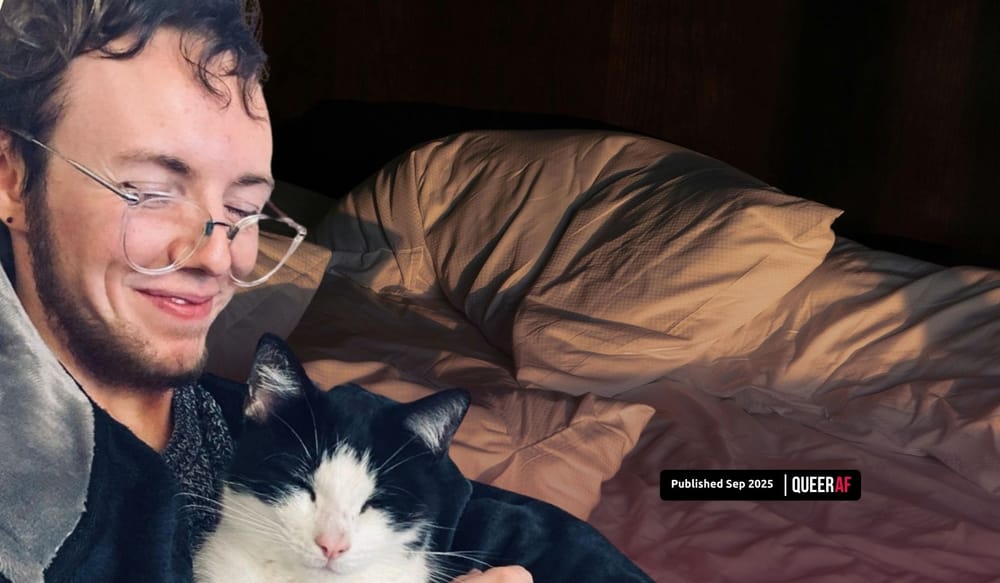
The resurgent attacks on drag performers in the US and the UK, complete with accusations of moral impropriety and paedophilia, are disgusting. But we can learn from them.
They show us two key things about society’s attitudes: the female form is seen as inherently sexual, and queer bodies are regarded as problematic and inappropriate.
Rishi Sunak’s Tory Party Conference speech, this rejected petition to ban drag queens from performing to children, and actor-turned-campaigner Laurence Fox labelling drag queen Crystal a ‘paedophile’ in a 2020 Twitter exchange - an act that he was in court for this week - all point to a draconian turn in UK attitudes to queer bodies.
I myself have experienced similar online abuse - even from local government. A council body co-organising an event I was booked for raised concerns around ‘fruity language’ and ‘family-friendly’ performance because my bio mentions ‘drag’ (they’ve since apologised).
Let’s unpack this. It’s clear that drag shows can be age-appropriate for any audience. So why does the word ‘drag’, or ‘drag queen’ specifically, spark such fear?
The logic seems to go something like this. You’re a man, presenting as a woman. Female bodies are sexual. Therefore you want me to sexualise you. If you perform drag around children, you’re being sexual around children; ergo, you’re a paedophile.
This may sound like absurd psychobabble, but it’s logic like this that’s behind drag bans in US states like Montana, where a bill cites concerns around “excit[ing] lustful thoughts”.
This creates an inescapable Orwellian trap. If the societal norm is that simply presenting as female is a sexual act, drag queens can only avoid being perceived as a threat by not being perceived at all.
This attitude poses dangers for trans people too. As Sam Feder brilliantly unpacked in his Netflix documentary Disclosure, when personal gender expression is equated to deception, it doesn’t matter if it’s for show or to show who you really are - you will be seen as a farcical, dangerous faker.
Yet, ironically, in the UK - the land of pantomime dames where drag is practically a Christmas tradition - we don’t see the same accusations levelled at D-list celebrities (sorry, insert Eastenders the actor here). As they prepare to drag up and down the land in front of family audiences this winter, they don’t face the same hysteria.
Why? Because that’s just for fun. It’s not an act of empowered queer expression. That’s the real issue at play here in this moral panic.
With pantomime season just around the corner, can someone please tell the cast of right-wing moral panic: It's not behind you. Instead - it’s beneath you.
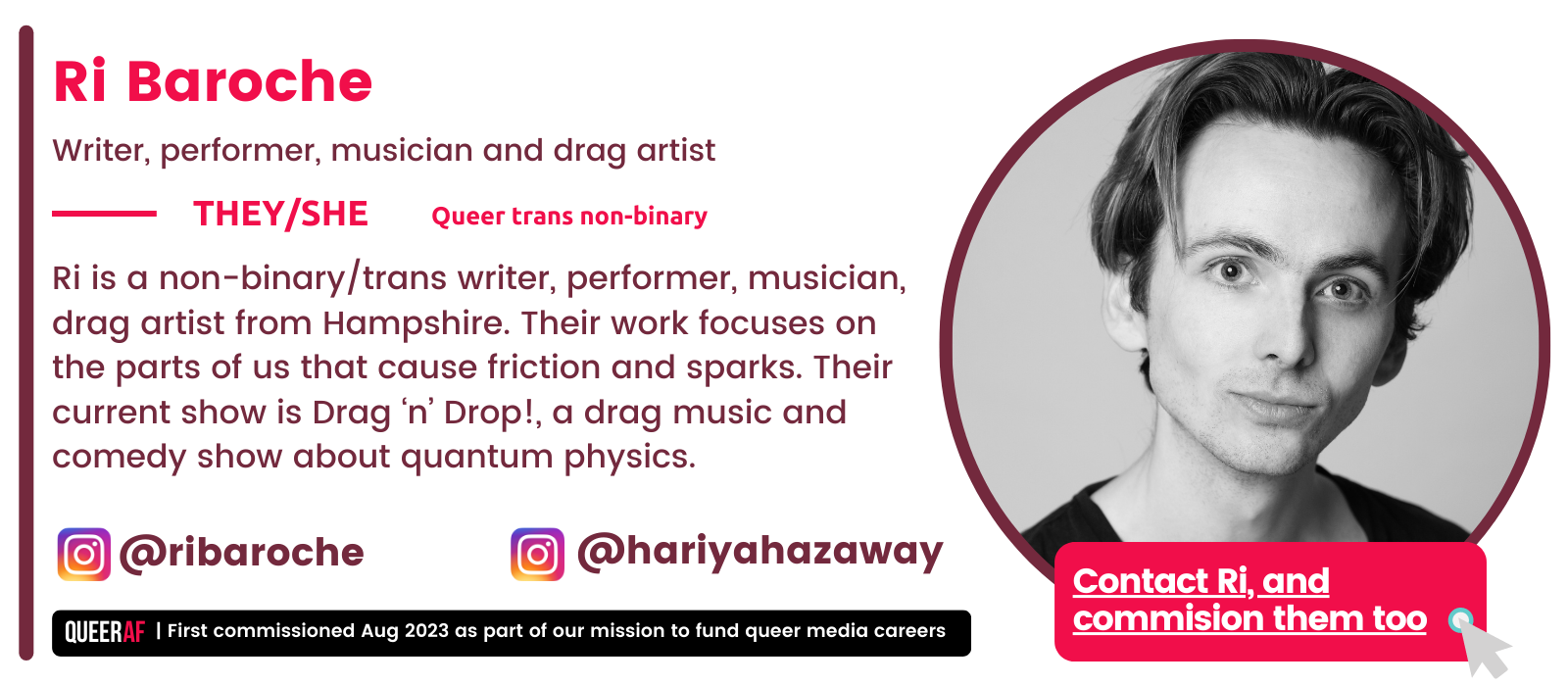
Get the Queer Gaze in your inbox each week with our free weekly newsletter or pitch to write an edition for us now.
The idea is simple.
Support queer creatives to get into the newsroom - and then help them change it.
One of the most significant barriers to starting a media career is getting those first and early commissions. We deliver that to our creatives, while you get award-winning content from fresh marginalised voices.
We ask every creative to rate our process. 90% gave us a perfect score on our communication and approach. The retro, our unique way of editing their work, has an average rating is 9.8/10.
Our approach is award-winning and industry recognised across multiple platforms, including our newsletter and podcast scheme - but we can't do it without you.

We believe there’s a better way to be seen, heard and celebrated. Join us to change the media for good.

